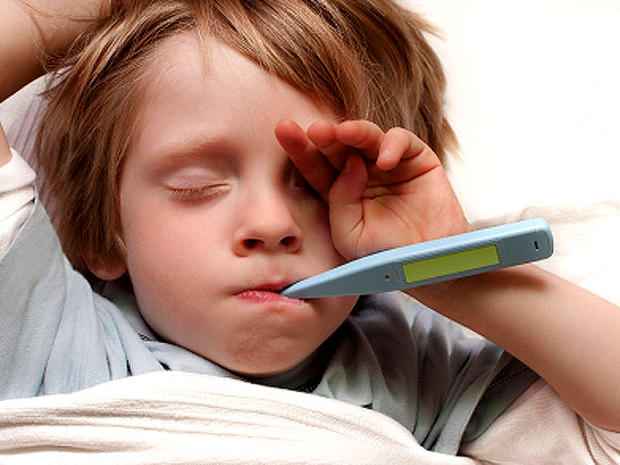Acetaminophen instructions for kids need improving: FDA panel
(CBS/AP) Could better instructions help safeguard kids whose parents dose them with Children's Tylenol and similar products that contain acetaminophen? Federal health officials seem to think so. On Wednesday they recommended adding dosing instructions for kids under age two to the products.
An FDA advisory panel voted 21-0 in favor of adding doses for kids 6 months to two years to over-the-counter formulations of acetaminophen, the popular pain-killer and fever reducer. The FDA is not required to follow the recommendations of its advisory panels but often does.
With the goal of preventing overdoses and encouraging parents to seek medical attention for sick infants, the liquid formulas have never contained such dosing information. Fever in children under 6 months can be evidence of meningitis, pneumonia, and other dangerous infections.
The panelists said the lack of information confuses parents and can lead them to incorrectly dose children. Acetaminophen-related overdoses are most common among children under two, and have increased over the past decade, according to the FDA.
Acetaminophen is one of the mostly widely used drugs in the U.S., sold in hundreds of formulations. Wednesday's meeting dealt with a small group of single-ingredient products, including J&J's Children and Infants' Tylenol, Novartis' Triaminic, Prestige Brands' Little Fevers and various drugstore brands.
While safe when used as directed, acetaminophen has long been subject to warning labels because overuse can cause liver damage. Dosing errors with children's acetaminophen products accounted for 2.8 percent, or 7,500, of the 270,165 emergencies reported to poison centers last year, according to the American Association of Poison Control Centers.
Panelists supported the FDA and manufacturer's efforts to improve labeling for the products, but some pointed out that the proposed changes have been discussed at FDA meetings since the mid-1990s.
"It's 16 years later, and we still don't have a clear and effective label for this product," said Amy Celento, the panel's patient representative. "This is taking far too long - we can't go the way of offshore drilling and wait until a disaster before we make necessary changes."
